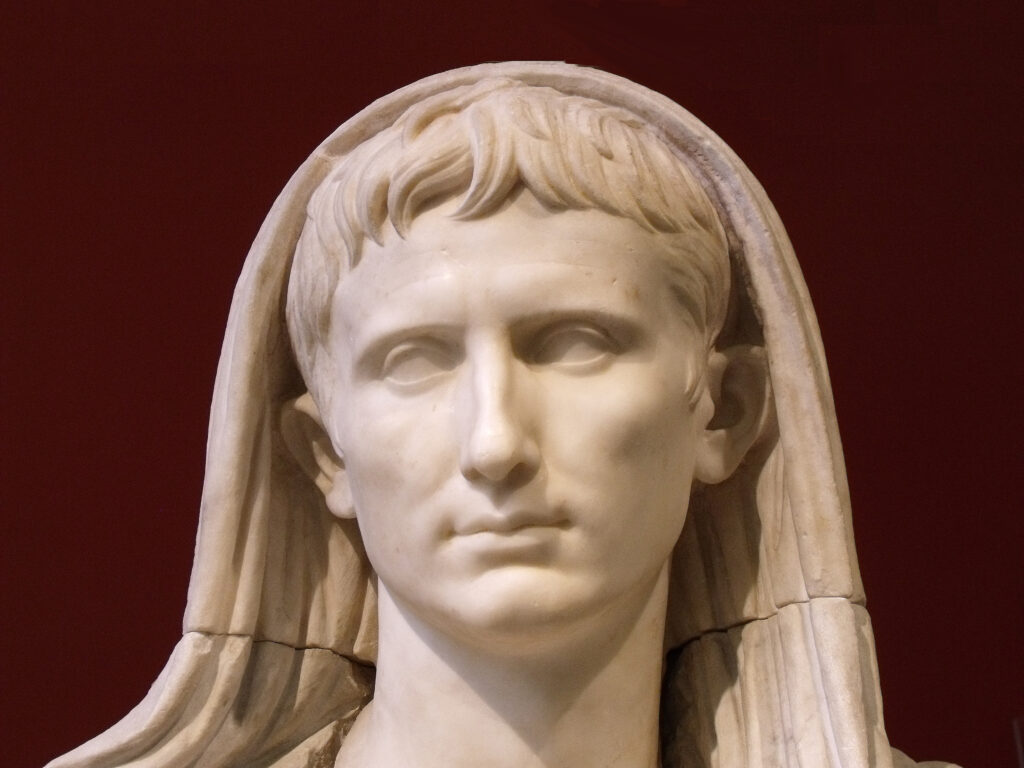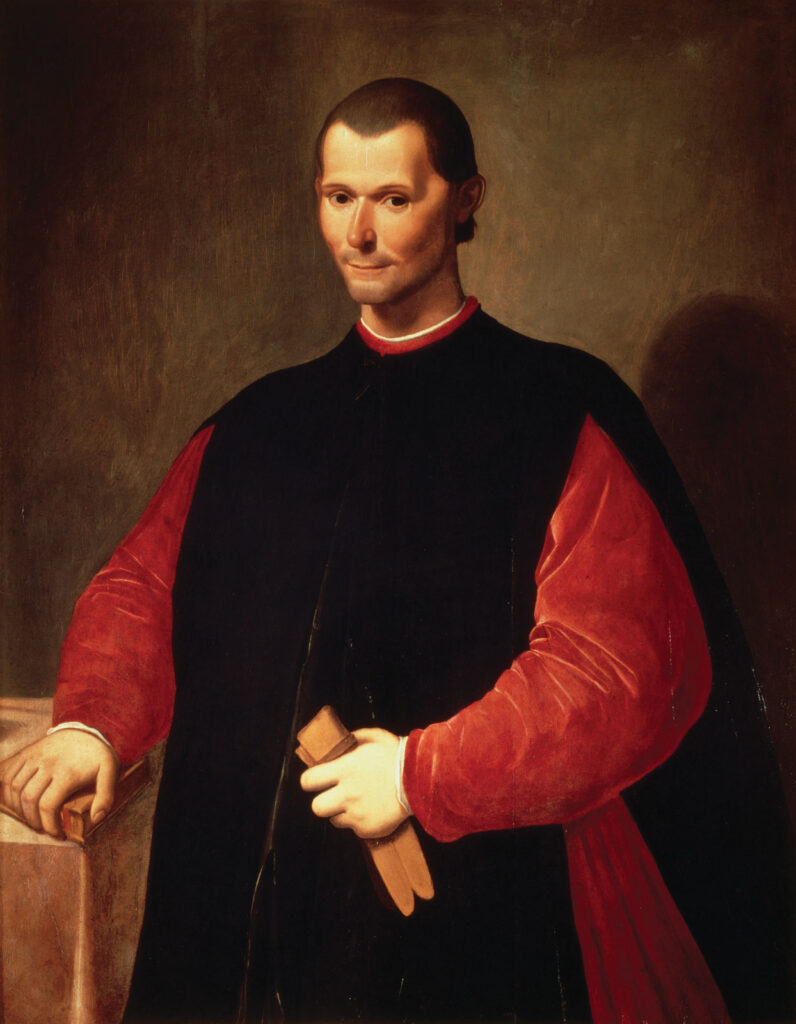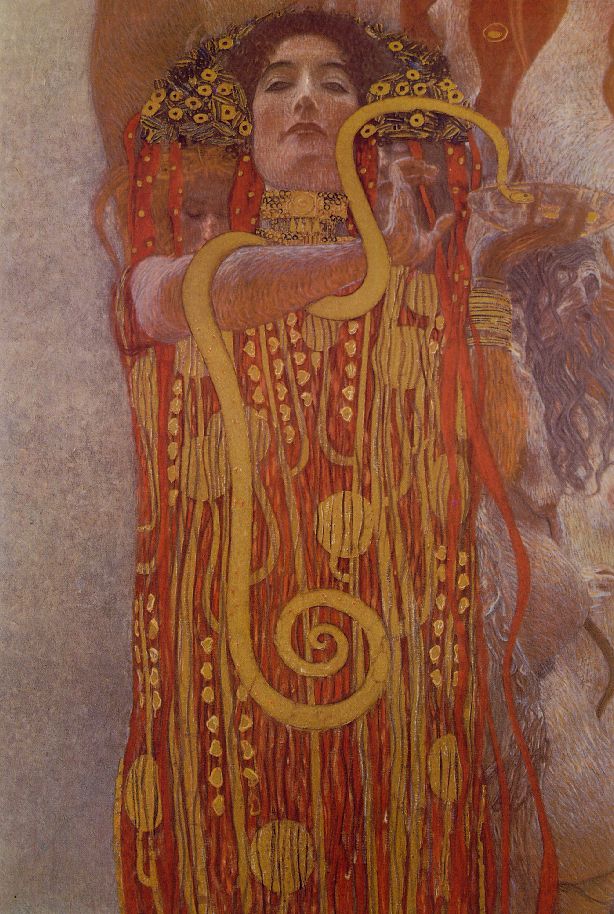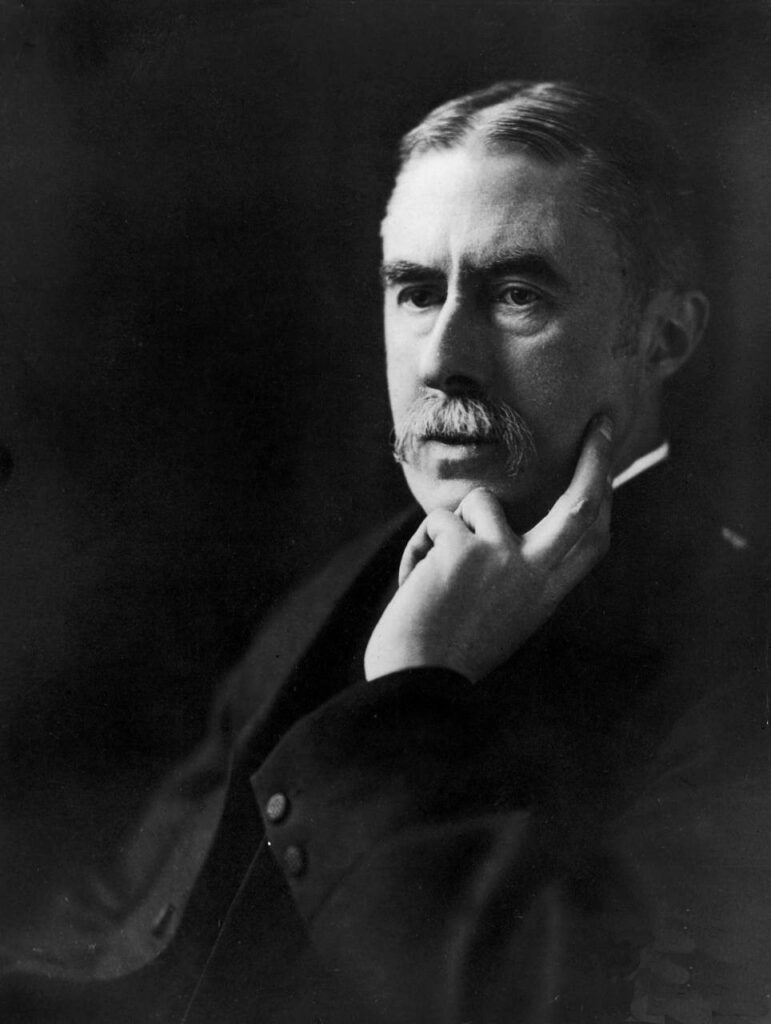
Augustus as Pontifex Maximus
Selected Correspondence of Ronald Syme
ANTHONY R. BIRLEY, THE SELECTED CORRESPONDENCE OF RONALD SYME 1927-1939, History of Classical Scholarship, 2020, Pp. 211, reviewed by Darrell Sutton
It is the opinion of many eminent classicists that Sir Ronald Syme (1903-1989) forged new pathways and would head any list of influential scholars of ancient Roman history. Indeed, the number of men and women following in his train continues to grow. Scholarship on the periods contiguous to Augustan Rome shifted during Syme’s Oxford tenure. Reactions to his work persist. Over the decades several academic journals have issued learned papers by authors who attempted to address the questions Syme posed, and his arguments and conclusions.
Equally adroit in Greek and Latin, at Trinity College Oxford, in his twenties, he was already a tutor in Greek and Roman history. Syme’s productive writing career began in 1928 and proceeded undiminished into his eighty-seventh year. Early pieces like ‘Rhine and Danube Legions under Domitian’ JRS (1928) and ‘The Argonautica of Valerius Flaccus’ CQ (1929) established his reputation. Midway through his career, his two-volume opus Tacitus (1958) showed his status as facile princeps among historians and his decidedly strict philological views. Prolific, his historical genius is captured fully in his compiled articles which appeared as Roman Papers I-VII (1979-1991). Numerous incomplete and unpublished literary projects were left behind when he died, many of them erudite studies that have since been published.
Students will now be able to access a few of the letters written to him during a thirteen-year period. Birley provides an Introduction of 22 pages in which he outlines his working relationship with Syme’s literary executor, Fergus Millar (1935-2019), and others, regarding his use of the contents of Syme’s archives. Several obituaries contained factual errors about Syme. Pages 27-28, ‘Some Corrections’, list a few particulars. The ‘Letters’ extend from pages 34-169. A ‘Postscripts’ section, plus ‘Appendices’ (pp.171-202) and ‘A List of Individuals Named in Syme’s Respective Notes’ are terminated by ‘A List of Letters Included’ (pp.203-211). Continue reading



















The Knee on Floyd’s Neck
Franz Marc, Tyrol 1914
The Knee on Floyd’s Neck
Ilana Mercer, on racism and law
Racism consists of impolite thoughts and words. If that’s what racism is, then the knee on George Floyd’s neck does not constitute racism. On the facts, the knee on Mr. Floyd’s neck was a knee on a man’s neck. That’s all that can be inferred from the chilling video recording in which Floyd slowly expired as he pleaded for air. Floyd begged to breathe. But the knee on his neck—“subdual restraint and neck compression,” in medical terms—was sustained for fully eight minutes and 46 seconds, causing “cardiopulmonary arrest.” There are laws about what transpired between former Officer Derek Chauvin and Mr. Floyd. But the law’s ambit is not to decide whether the ex-officer is a correct-thinking individual, but whether he committed a crime. Concerning Chauvin’s mindset, the most the law is supposed to divine is mens rea—criminal intension: was the officer whose knee pressed on Floyd’s neck acting with a guilty intent or not?
For fact-finding is the essence of the law. The law is not an abstract ideal of imagined social justice that exists to salve sensitive souls. If “racism” looks like a felony crime, then it ought to be prosecuted as nothing but a crime and debated as such. In the case of Mr. Chauvin, a mindset of depraved indifference seems to jibe with the video. This is not to refute the reality of racially motivated crimes. These most certainly occur. It is only to refute the legal and ethical validity of a racist mindset in the prosecution of a crime. Surely, a life taken because of racial or antisemitic animus is worth no more than life lost to spousal battery or to a home invasion. Continue reading →
Share this:
Like this: